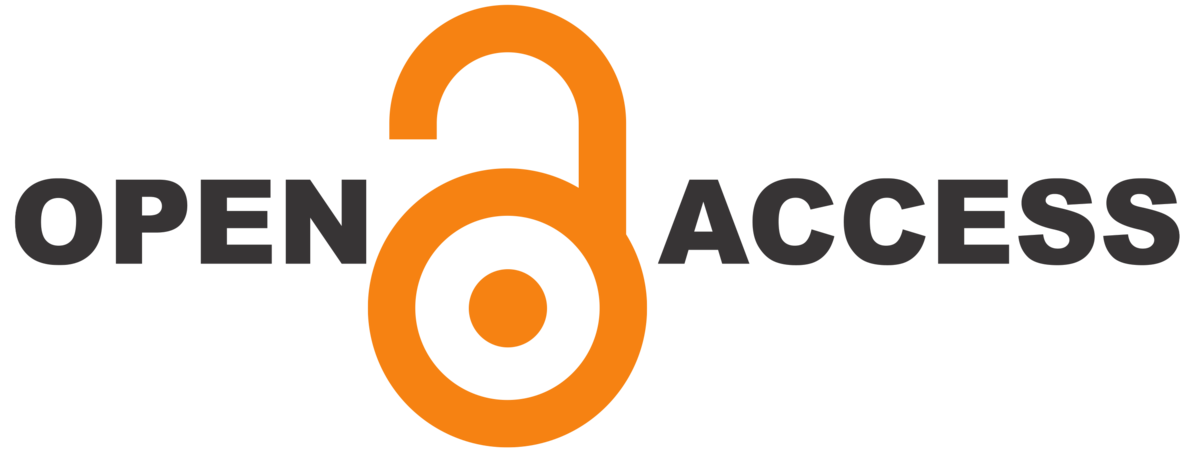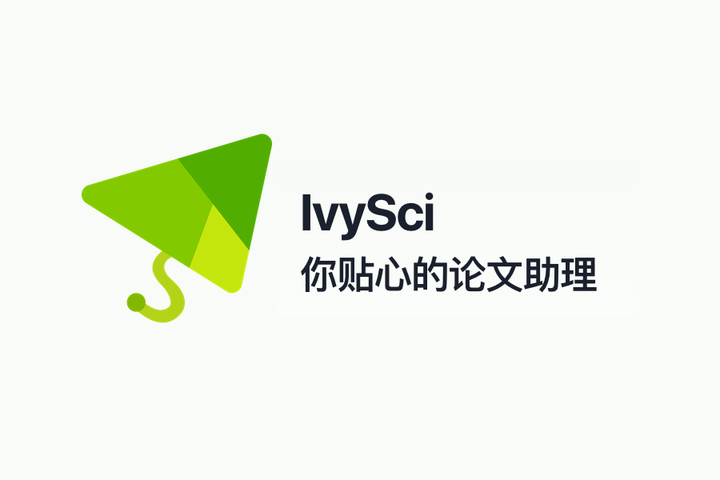The Alignment of Internal and External Audit Agencies in Administering Public Sector Audits in Indonesia
DOI:
https://doi.org/10.35166/jipm.v7i2.52Keywords:
External audit agency, Internal audit agency, Public sector auditsAbstract
The management of public finance to achieve national prosperity requires the effective, efficient, and integrated work of the existing audit boards. Therefore, continuous evaluation of the alignment of internal and external audit agencies is essential to ensure reliable public financial management and prevent corruption. This study describes the performance and coordination patterns between internal and external audit agencies by detailing their synchronization patterns in administering financial audits in the Indonesian public sector. Using a normative legal research method, the study incorporates legislative and conceptual approaches. The findings reveal that the performance of both internal and external audit agencies in safeguarding public finance from fraud shows varied degrees of effectiveness. However, a comprehensive regulatory framework governing the alignment of these agencies remains absent. Furthermore, synchronization in public finance audits is pursued through a unified regulatory framework, horizontal alignment among agencies, and the establishment of clear boundaries of authority and coordination mechanisms between the internal and external audit agencies. Further research should consider the potential for consolidating various regulations of public sector audits through an omnibus law approach.
References
Aminah, W. (2020). Pengaruh akuntabilitas, temuan audit dan tindak lanjut hasil audit terhadap tingkat korupsi. Journal Accounting and Finance, 4(2), 94-104. https://doi.org/10.25124/jaf.v4i2.3295
Ardianto, A., Anridho, N., Ngelo, A. A., Ekasari, W. F., & Haider, I. (2023). Internal audit function and investment efficiency: Evidence from public companies in Indonesia. Cogent Business & Management, 10(2), 1-17. https://doi.org/10.1080/23311975.2023.2242174
Auditors, T. I. of I. (2023). Global international audit standards. https://www.theiia.org/globalassets/site/standards/ippf/public-comment-draft/iia-global-internal-audit-standards-public-comment-draft-indonesian.pdf
Badan Pemeriksa Keuangan RI. (2022). Bangkit dan tumbuh untuk BPK yang makin kuat dan makin hebat: Laporan tahunan 2022. https://www.bpk.go.id/assets/files/annual_report/2023/annual__2023_1678862729.pdf
Badan Pengawasan Keuangan dan Pembangunan (BPKP). (2023). Laporan kinerja BPKP tahun 2023: Mengawal akuntabilitas menuju kinerja paripurna.
Baswir, R. (1998). Kendala pengawasan keuangan negara. Unisia, 36, 44–50. https://doi.org/10.20885/unisia.v0i36.5755
Baswir, R. (1999). Akuntansi pemerintahan indonesia. BPFE.
Halim, A. (2007). Akutansi keuangan daerah (3rd ed.). Penerbit Salemba Empat.
Illahi, B. K., & Alia, M. I. (2017). Pertanggungjawaban pengelolaan keuangan negara melalui kerja sama BPK dan KPK. Integritas, 3(2), 37–78. https://doi.org/https://doi.org/10.32697/integritas.v3i2.102
Inspektorat Provinsi Sumatera Barat. (2021). Tindak lanjut hasil pemeriksaan (TLHP) online. Inspektorat Provinsi Sumatera Barat. https://inspektorat.sumbarprov.go.id/images/2021/05/file/BUKU_PETUNJUK_TLHP_ONLINEE.pdf
Irawan, M. D. A., & Khodijah, S. (2021). Kewenangan badan pengawas keuangan dan pembangunan (BPKP) dalam menentukan kerugian keuangan negara pada kasus tipikor. Rechtenstudent Journal, 2(3), 278–292. https://doi.org/https://rechtenstudent.uinkhas.ac.id/index.php/rch/article/view/87
Jaya, N. A., Ispriyarso, B., & Natalis, A. (2020). Konstruksi kebijakan desentralisasi fiskal berbasis paradigma good financial governance di Indonesia. Hukum dan Masyarakat Madani, 10(1), 24–43. https://doi.org/10.26623/humani.v10i1.2096
Kurniawan, A. (2006). Peranan pusat peloporan dan analisis transaksi keuangan (PPATK) dalam upaya menanggulangi tindak pidana pencucian uang. https://lontar.ui.ac.id/detail?id=88458
Mariyam, Islam, M. A., & Tunku Ahmad, T. S. (2023). The effect of internal audit function characteristics on market value among Indonesian public-listed companies. International Journal of Business and Technopreneurship (IJBT), 13(3), 231–242. https://doi.org/10.58915/ijbt.v13i3.286
Marzuki, P. M. (2010). Penelitian hukum. Kencana Penada Media Group.
Muchsan. (2008). Sistem pengawasan terhadap aparat pemerintah di Indonesia. Studi FH UII.
Pemerintah Republik Indonesia. (2006). Undang-Undang Republik Indonesia Nomor 15 Tahun 2006 tentang Badan Pemeriksa Keuangan. Lembaran Negara Republik Indonesia Tahun 2006 Nomor 85.
Pemerintah Republik Indonesia. (2008). Peraturan Pemerintah Nomor 60 Tahun 2008 tentang Sistem Pengendalian Intern Pemerintah. Lembaran Negara Republik Indonesia Tahun 2006 Nomor 127.
Pemerintah Republik Indonesia. (2010). Undang-Undang Republik Indonesia Nomor 8 Tahun 2010 tentang Pencegahan dan Pemberantasan Tindak Pidana Pencucian Uang. Lembaran Negara Republik Indonesia Tahun 2010 Nomor 122.
Pemerintah Republik Indonesia. (2019). Undang-Undang Republik Indonesia Nomor 19 Tahun 2019 tentang Perubahan Kedua atas Undang-Undang Nomor 30 Tahun 2002 tentang Komisi Pemberantasan Tindak Pidana Korupsi. Lembaran Negara Republik Indonesia Tahun 2019 Nomor 197.
Ristriawan, H., & Sugiharti, D. K. (2017). Penguatan pengelolaan keuangan negara melalui mekanisme check and balances system. Jurnal Konstitusi, 14(3), 601–619. https://doi.org/https://doi.org/10.31078/jk1437
Santoso, J., Hutapea, S. A., Fitri, L., & Kahir, S. (2023). Pengawasan terhadap pengelolaan dan pengeluaran anggaran pendapatan dan belanja negara dan daerah. Pagaruyuang Law Journal, 7(1), 155–166. https://jurnal.umsb.ac.id/index.php/pagaruyuang/article/viewFile/4562/3247
Santosa, M. H., Maarif, M. S., & Andati, T. (2016). System analysis in developing an effective government internal audit system. International Journal on Advanced Science, Engineering, and Information Technology, 6(2), 153–160. https://doi.org/10.18517/ijaseit.6.2.709
Setiawan, A. (2019). Eksistensi lembaga pengawasan pengelolaan keuangan negara. Jurnal Hukum & Pembangunan, 49(2), 265–278. https://doi.org/10.21143/jhp.vol49.no2.2002
Sibuea, H. P. (2020). Sendi-sendi hukum konstitusional. problematika dan wewenang organ negara dalam penetapan keuangan negara dalam tindak pidana korupsi. PT RajaGrafindo Persada.
Simbolon, M. M. (2004). Dasar-dasar administrasi dan manajemen. Ghalia Indonesia.
Solihah, R., & Triono. (2020). Peran KPK dalam mengawal pengalokasian dana bantuan sosial di masa pandemi covid-19. Jurnal Tapis: Teropong Aspirasi Politik Islam, 16(2), 69–80. https://doi.org/https://doi.org/10.24042/tps.v16i2.7764
Sukmadilaga, C., Pratama, A., & Mulyani, S. (2015). Good governance implementation in public sector: exploratory analysis of government financial statements disclosures across ASEAN countries. Social and Behavioral Sciences, 211, 513–518. https://core.ac.uk/download/pdf/82560265.pdf
Sumardjono, M. S. (2021). Metodelogi penelitian ilmu hukum. Fakultas Hukum Gadjah Mada.
Sutaryo, S., Sahari, S., Jakpar, S., & Balia, S. S. (2022). Internal audit function and public service quality: Evidence from Indonesian local governments. Public Administration Issues, 5(1), 110–133. https://doi.org/10.17323/1999-5431-2022-0-5-110-133
Tim Laporan Tahunan KPK. (2023). Laporan tahunan KPK 2023. https://www.kpk.go.id/images/Laporan_Tahunan_KPK_2023.pdf
Widanarto, A. (2012). Pengawasan internal, pengawasan eksternal, dan kinerja pemerintah. Jurnal Ilmu Admninstasi Negara, 12(1), 15–25. http://doi.org/10.46730/jiana.v12i1.899
Wiraguna, S. A. (2024). Dinamika korupsi dan pencucian uang di PT Timah: Pengawasan dan tantangan. Public Sphare, 3(1), 35–43. https://doi.org/10.59818/jps.v3i1.711
Yulia, R. P., A, K., & Agoes, S. (2016). Peranan BPK dan BPKP menghitung kerugian keuangan negara dalam rangka penanganan perkara tindak pidana korupsi. Jurnal Bina Adhyaksa, 6(2), 135–152.
Yustiani, S., & Ichsan, M. (2019). Business process automation: Internal audit function adaptation lesson learned from Indonesian public sector. In 3rd Asia-Pacific Research in Social Sciences and Humanities Universitas Indonesia Conference (APRISH 2018) (pp. 275–282). Atlantis Press. https://doi.org/10.2991/aprish-18.2019.36
Downloads
Published
Issue
Section
License
Copyright (c) 2024 Journal of Infrastructure Policy and Management (JIPM)

This work is licensed under a Creative Commons Attribution-ShareAlike 4.0 International License.















